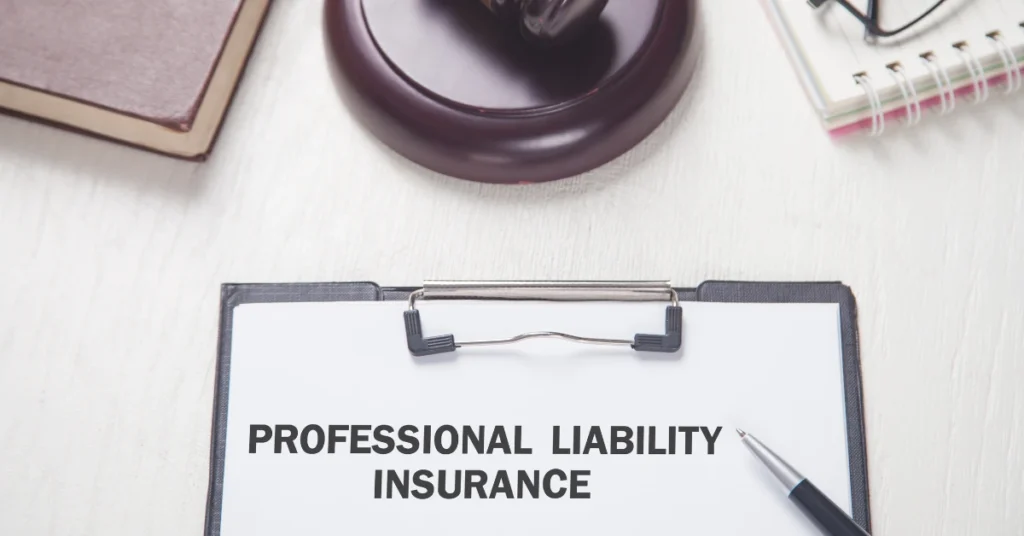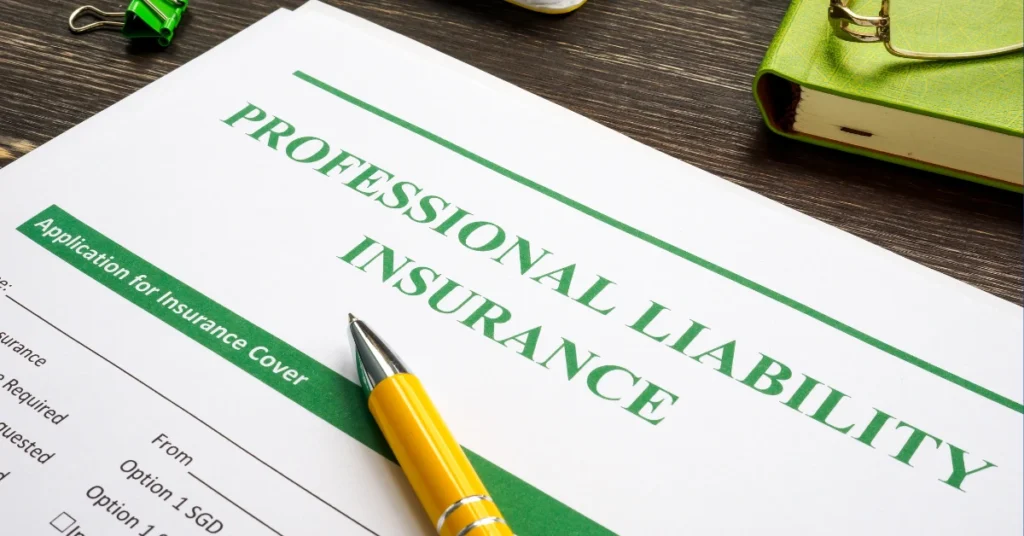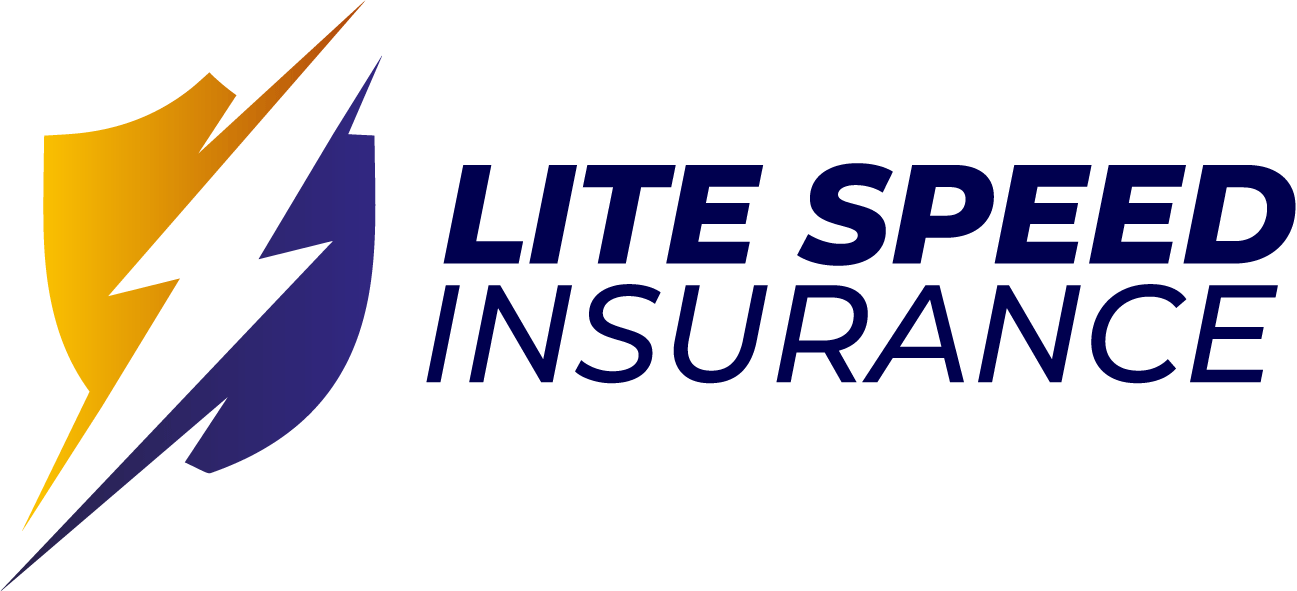Every business has some significant responsibilities that must be met to ensure the organization operates efficiently, and insurance is among them. Insurance compliance means passing frequent insurance audits or reviews for businesses of all sizes. Now, let’s try to understand the general liability insurance audit and why it is so crucial. This article will explain how these audits are conducted, why they are needed, and what steps a business owner should take to be ready for them and stay within the law.
What Is an Insurance Audit?
An insurance audit is an assessment carried out by an insurance company to ensure that business information provided during the underwriting of an insurance policy is accurate. This process entails a review of activities such as salaries, sales, number of employees, and cost of subcontractors to ensure that the premiums charged correspond to the current risks faced by the business.
Insurance audits mainly involve general liability, workers’ compensation, and commercial auto insurance. Their primary goal is to prevent conflicting situations where the insurer might be paying more than needed or you might be inadequately protected.
Insurance companies evaluate the actual exposure of your business during the policy period and modify your premiums in response to your business activities. For example:
- Increase in payroll or sales: Your premiums may increase because you are more risky than before.
- Decreased exposure includes a refund or a reduced premium if your business activity has diminished.
Why Are Insurance Audits Required?
Most business insurance policies require insurance audits to ensure that the premiums charged are reasonable and justified. The specific business operations may thus vary over the policy term –whether in its expansion, contraction, or transformation of its services. They ensure that your policy does not grow stale with the wrong coverage and significant gaps in the protection it provides.
To insurers, audits ensure that clients are billed equitably to balance the risks that are taken. Suppose premiums are well estimated as per the risk profile of a business. In that case, every policyholder contributes to the shared risk appropriately. This reduces the scenario where low-risk companies compensate high-risk ones and, in essence, promotes the stability of insurers.
Also, insurance audits are mandatory in some states as per the laws of the land relating to insurance companies. For instance, firms operating in Florida must adhere to the workers’ compensation and general liability insurance audit—noncompliance results in fines, penalties or cancellation of the cover, depending on the type of violation. Regarding a claim, noncompliance may also put you ahead of a causalatar in preventing insurance fund recovery.
What Is a General Liability Insurance Audit?
A general liability insurance audit is unique to your general liability policy, which insulates your business against claims of third-party physical harm, property damage, and business advertising. Since the risks are closely correlated with your trading or services volume, an audit ensures that your premium reflects your current trade activities.
For example, a contractor’s risk may relate to the kind of projects it takes and the subcontractors it hires. During the audit, your insurance company will evaluate factors like:
- Total payroll
- Gross sales
- Money paid to the sub-contractors
- Nature of services provided

Fluctuations in any of them will substantially affect your Risks and exposures to liabilities. Suppose your business has added more services or is servicing higher-risk projects. In that case, your insurer may adjust your premium to reflect this new need.
Note for Contractors: The laws on how subcontractors should be paid are straightforward in Florida. Suppose the subcontractors fail to have their general liability or workers’ compensation. In that case, you might be at higher risk, and this ultimo will be presented in your audit.
Do You Have to Do an Insurance Audit?
Insurance providers may ask businesses to undertake insurance audits as and when they deem fit. Noncompliance with an audit exposes policyholders to dire consequences, such as cancellation of their policy or having estimated data leading to higher policy costs.
Apart from being at risk of being unable to conform to an audit, the failure to conduct one puts you in a position of using inadequate or excessive insurance policies. Underinsurance suggests insufficient insurance to cover the loss in case of a claim, which may be incredibly costly to your business. Overinsurance entails being involved in a policy that does not require or does not benefit the policyholder in any way, and this is an inefficient use of resources.
Audit is not intended to be a form of punishment. However, ensuring that your coverage is in tune with your business risks is vital. It protects you and the insurance company by ensuring fairness in pricing and adequacy in protection.
How to Prepare for a General Liability Insurance Audit
Proper preparation is the key to a smooth audit process. Here’s how you can get ready:
- Gather Accurate Records: Get ready financial reports, write down payroll, and collect contracts with subcontractors. These should be up to date and ideally show your business’s activities for the audit period.
- Review Your Operations: Before the audit, look for anything new in your business, for example, extra employees, new services being offered, or more significant operations. This will help you be prepared for any changes on your part of the premium.
- Ensure Subcontractor Compliance: Ensure that during the periods where you employed subcontractors, they had their insurance. If they do not, the cost of subcontractors will be deducted from your audit, which increases your premium. To avert additional expenses, ensure you obtain certificates of insurance from all the subcontractors available.
- Track Payroll and Sales: Most general liability premiums are calculated using gross sales or payroll. The availability of detailed records to support audited figures will help reduce the risk of overpayment by ensuring your audit captures these variables in the last details.
- Maintain Communication with Your Insurance Agent: It is also recommended to speak with the agent who assigned you the audit to discuss any questions or issues.
What Happens During a General Liability Insurance Audit?

Your insurer will request numerous documents during the audit to evaluate your exposure within the policy period. These may include:
- Total payroll records
- Gross sales data
- Subcontractor payments and contracts
- Information relating to certain kinds of activities or deliveries of particular services
The auditor will then compare these figures to the estimates which were given at the time of underwriting your policy. Possible consequences of such differences include changing your premium rate and disabling credit. The audit can be made remotely or physically, depending on the business structure and the insurer’s policy in place.
After the audit, a summary is prepared showing any changes in premiums. You will either pay them or get a refund for the overpaid amount.
How LiteSpeed Insurance Can Help
At LiteSpeed Insurance, we understand that insurance audits may be intimidating to most people. We actively participate in the audit process and assist in collecting documents, analyzing your business, and solving issues, if any. In terms of general liability and workers’ compensation, we always ensure your business meets your state’s set statute laws and only pay for the policy your business requires.
Our team focuses on enhancing the audit process and proper coverage for your business at reasonable and appropriate prices. Learn how LiteSpeed Insurance can help with your next insurance audit; contact us today.
Conclusion
Regular audits of general liability insurance require assessment so that your premiums reasonably correspond to your business’s current operations. Whether your company has grown or shrunk in the past year, an audit ensures you are not underinsured or overpaying. If proper preparation is done, it can even become a straightforward process without facing any nasty shocks regarding extra costs.
The LiteSpeed team strives to make audits as smooth as possible. Hence, your business has the appropriate coverage at the lowest cost. You can reach out to LiteSpeed Insurance today so we can discuss how we can assist you in the following insurance audit.
Related Informational Posts
How to Become a General Contractor in Florida
Subcontractor vs. General Contractor: What’s the Difference?
General Liability Insurance for Electrical Contractors



